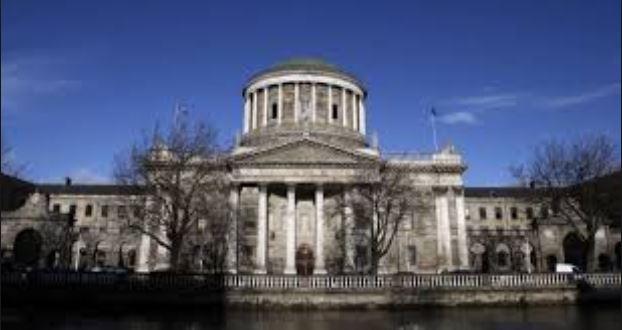In Re Cremin [2021] IEHC 80, the High Court refused to approve a Personal insolvency arrangement on a PPR lender, when the account was operating to terms stating “there is a fundamental unfairness in imposing on the objecting creditor a very substantial write off of a loan that was performing and in respect of which no default arises”.
In so finding, the Court held that separate and unrelated judgment mortgage debts were “relevant debt” under the Act’s court review process’s gateway requirements. Relevant debt being described in the Act as being “a debt— (a) the payment for which is secured by security in or over the debtor’s principal private residence”. The Judgment Mortgages in question were old, relatively static and ranked behind the PPR lender’s Deed of Mortgage. The PPR loan was not in default.
Nevertheless, the debtor was thus entitled to invoke these historic judgment mortgages, which were not being actively pursued by the creditors, as entitling the debtor to claim relief under section 115A of the Act. This is seen as a departure from previous High Court decisions which stated “the statutory provision must be seen as a limited protection of persons whose mortgage payments (my emphasis) on their principal private residence fell into arrears at the height of the financial crash.” [Re JD (2017) IEHC 119].
While the Court heard from the PIP, that the debtor was concerned about a default arising in the future, when a lump sum would fall due, the Court did distinguished the definitions of insolvency under corporate insolvency rules and the Personal Insolvency Acts. The narrower definition in the Personal Insolvency Acts precluded a court from looking into the future circumstances of the Debtor while the corporate rules under examinership, by the inclusion of the word “likely” permitted a Court to involve an element of looking into the future.
Thus while, the Court did not preclude the invocation of non PPR debt in satisfying the relevant debt requirements, it did express a view that, in this particular case, there was a suspicion that “while he may technically be insolvent, his historic debts are being used to contrive a situation where he can achieve a sizeable write-down of the PPR debt in circumstances where he is not in arrears as regards the PPR loan, and any apprehended default is in the future.”. The Debtor’s attempt to utilise default on separate debts to negotiate a court sanctioned change to his performing loan was thus ultimately unsuccessful.

Meanwhile in a more recent decision, given this month, the High Court found a debtor had prematurely and incorrectly applied for a fresh protective certificate within the 12 month moratorium period under the Act, following numerous prior and unsuccessful applications for a PIA. In Re Paudie Barry [2021], Mr Justice Sanfey on the 4th of March last, refused the debtor’s application for a PIA, on a preliminary eligibility ground.
Although ultimately, successful, the Creditor unsuccessfully alleged the numerous applications for protective certificates amounted to an abuse of process. While finding on the preliminary point, the Court did consider the circumstances of the multiple applications and stated that there is no numerical limit or impediment, on the number of times a debtor can apply for a protective certificate, provided the stipulations laid out in the Act are observed and the applications are made in good faith. Although unsuccessful in meeting a gateway eligibility ground, the debtor had not “gamed the system”. However, as the Debtor had wrongly obtained a fresh protective certificate within 3 months of the expiry of his last one, he was ineligible for the Court’s protection. The Court rejected the PIP’s arguments that because the prior protective certificate was, itself, obtained in error, that it “never in fact existed”.
Finally, there is a Bill currently before the Houses of the Oireachtas which proposes to make some amendments to the Personal Insolvency system, in particular the Court review/creditor override provisions for PIAs.
The most significant amendment, if successfully enacted, would be the removal of the requirement that a relevant debt, (being a debt secured over the principal private residence), had to be in arrears on 1st of January 2015. This time period requirement is now viewed as being arbitrary and irrelevant in addressing more recent cases of insolvency, for instance, those precipitated by the global pandemic. Its’ removal would open an avenue of court appeal to every borrower in arrears on their home loan.
For further information on these judgments or any aspect of personal Insolvency, contact Andrew Croughan, Partner and Head of Personal Insolvency in OSM Partners.
